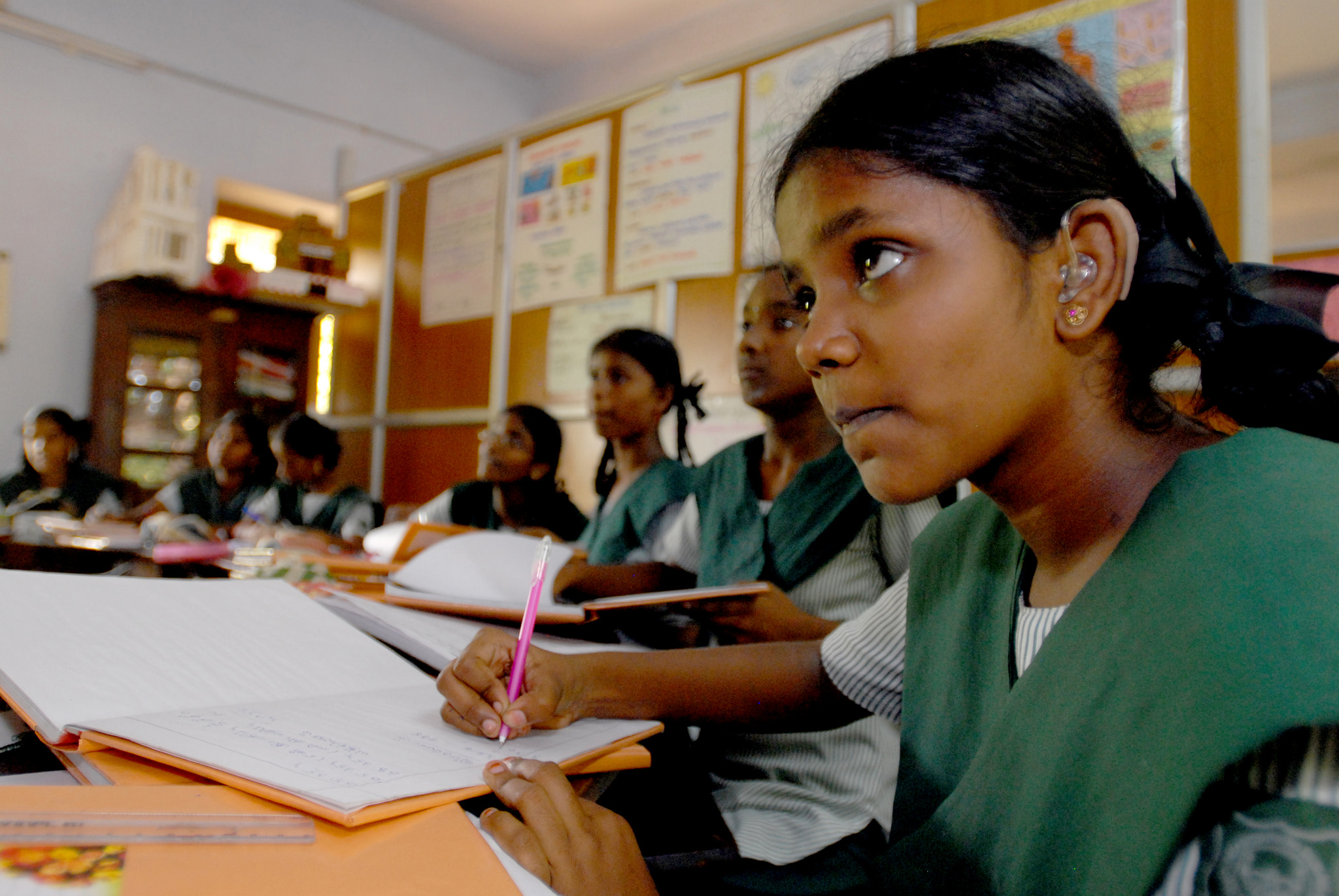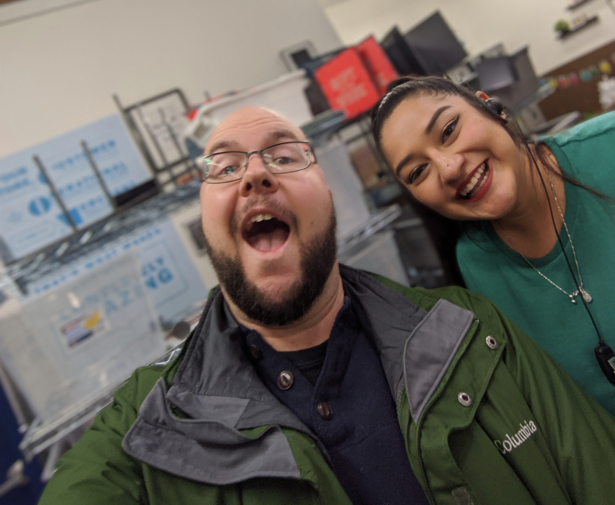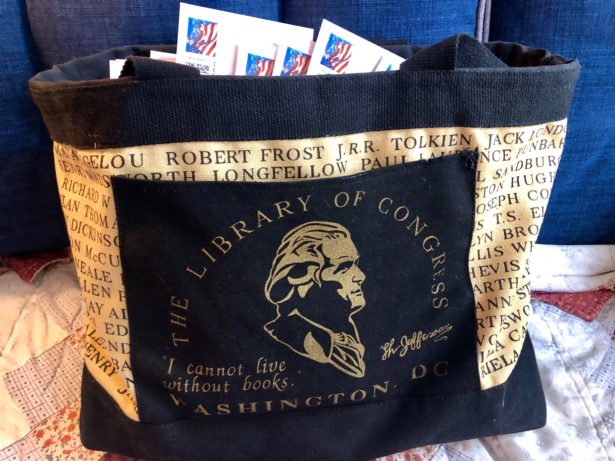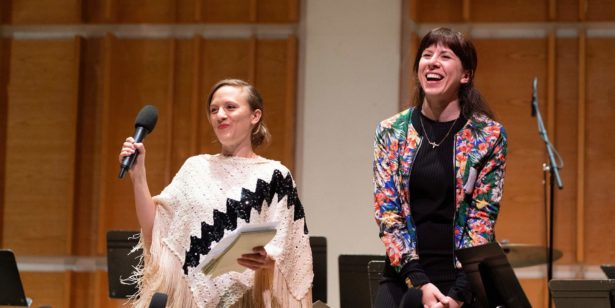
Creating Empowerment From Afar
A young businesswoman extends a digital helping hand
After Ashika Kalra graduated from New York University with a degree in finance, she was interested in finding ways to do some good in the world. “Just like any young professional who enters the real word, I was looking for something to get involved in outside of work,” Kalra said. “I found myself participating in a lot of different social impact-focused activities, specifically a lot of large organizations. I sat on the board of one of them, I led different events for several years. What I found, in my experience, they do an insane amount of incredible work in the field internationally, but I was specifically interested in the education space. I found a disconnect between the international efforts, and the community here that was championing those causes. Mostly, I would overhear people being like, Oh, we’re fundraising for underprivileged kids in India. For me, that statement doesn’t really mean anything. There’s so much behind that one statement, you really can’t even say that. I was bothered by all these different human lives being put under the umbrella of single statements.”
“On the other side, people internationally didn’t even know we were here, thousands of miles away, championing their stories,” she told Good Turns recently. “So I took a break from some of these different organizations, and I pursued a small project in my family’s home town in India, where I am from.”
It was February 2016, and Kalra found a school in her hometown of Faridabad that needed help with a renovation project. “We helped them with school renovation,” she said. “We brought desks and books and general supplies.” The work gave Kalra the chance to hear the stories of students firsthand.
“If you give them information and help them understand the kind of impact they can make, it’s just incredible”
“One thing I observed in my time there, no matter what the financial situation of families was, they all had access to phones,” she says. “I found myself finding different ways to keep in touch with people, using WhatsApp or video calls. And the more I did that, the more I thought, Maybe there’s actually something to this.”
Kalra pitched the idea of a digital mentorship program to a potential partner in India, and last summer, she got together a group of friends in the U.S. and connected them to students in India. “I said, Hey, you’re going to talk to this person on the other end of the line, really just to have a conversation, to hear what their world is like, and to let them have a glimpse into yours,” she recalls. “And the feedback I got was that the conversations were so moving, but how can we take that to the next level and facilitate action?”
By July 2017, Kalra had formed a 501(c)(3) nonprofit, the Vidya Project, to support the work, although the model continued to evolve. She worked with a local team in India and brought on some teachers in New York, where she lives, to develop a curriculum for students. “The curriculum pertained to social issues that were relevant to their community,” she says. “So, waste management is an example. And we created an entire workbook in collaboration with local partners, to make sure it represented their community.”
The program is focused not just on education, but on creating change in communities, and is already seeing successes. In one project, students lobbied local shop owners to stop giving out plastic bags and transition to fabric bags instead. “These kids are 11 years old,” Kalra says. “This kind of empowerment is important, especially in some of these communities. If you give them information and help them understand the kind of impact they can make, it’s just incredible.”
Vidya has since evolved into a three-part project pipeline that leverages digital connections, classroom curriculum, and technological resources for students. “We’ve seen an incredible amount of success working with the program that we have thus far, and it’s only been a year of operations,” Kalra said. The project recently expanded to work with communities in Africa as well.
But although Vidya is seeing great success, Kalra still holds down a day job at Salesforce. “The Vidya Project is a passion project for me,” she says. “Everybody on my team is sort of in that same zone: We work on it on the weekends, we have a call with Africa in the morning before work. At this point it’s all volunteers, but I hope in the next four to five years we can really have a true global staff.”
For the sake of the world, we hope so too.
(Photo courtesy of UK Department for International Development)
Posted December 14, 2018





